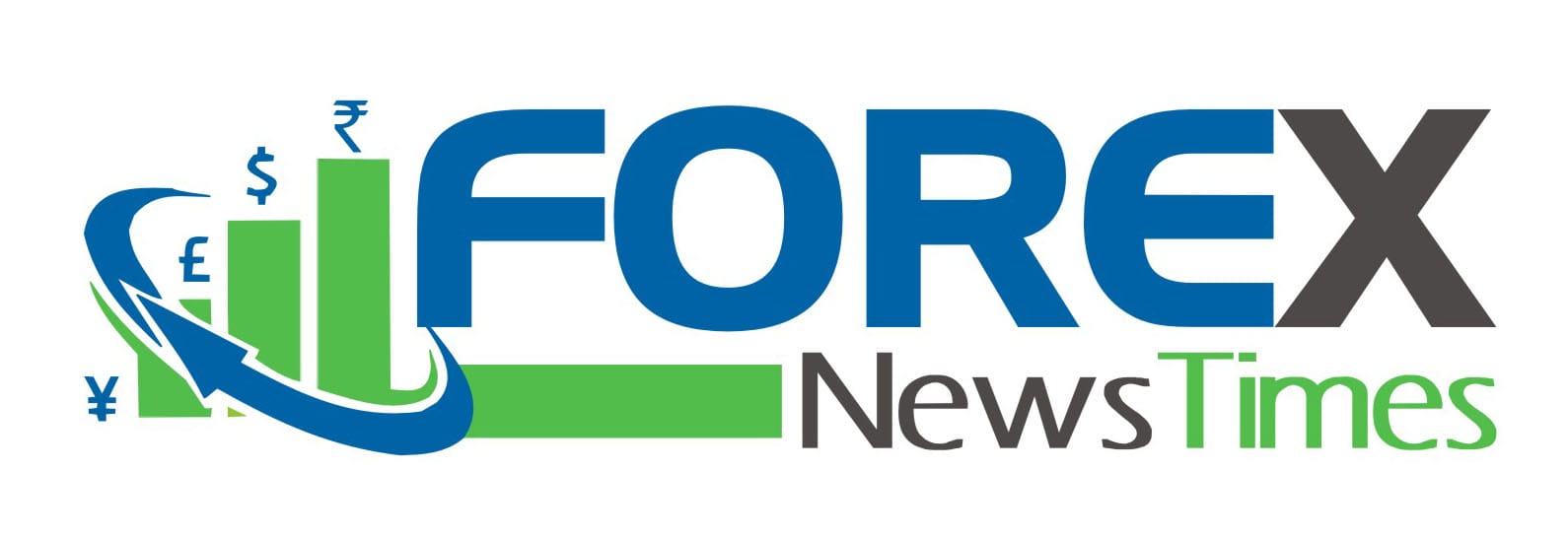Mumbai (Maharashtra) [India], November 10: India’s market watchdog just dropped a truth bomb on digital gold. SEBI has officially warned that buying gold online through unregulated platforms might shine bright on your app but can burn deep in your pocket.
The Gold Rush Goes Digital, But Not Regulated
Everyone’s chasing gold. The metal’s hitting record highs, and digital platforms promise an easy way to own a piece, for as little as ₹10. Apps like Paytm, PhonePe, and even jewellers like Tanishq and MMTC-PAMP have turned gold investment into a tap-and-go experience.
But here’s the kicker: SEBI says none of this is under its control. These platforms may be popular, but they’re completely outside India’s securities law. Which means, if something goes wrong, you’re on your own.
In a blunt statement, SEBI clarified that digital gold or e-gold isn’t classified as a security or commodity derivative. Translation? It’s not regulated by SEBI. No safety net. No investor protection mechanisms. Just you, your app, and faith.
What SEBI Actually Said
According to SEBI’s press release, “Such digital gold products operate entirely outside the purview of SEBI. These may entail significant risks for investors and expose them to counterparty and operational risks.”
That’s regulatory speak for: “If the company defaults, vanishes, or messes up your account, SEBI can’t help.”
The regulator also reminded investors that India already offers multiple regulated ways to invest in gold. These include:
- Gold Exchange Traded Funds (ETFs) offered by mutual funds
- Exchange-traded commodity derivative contracts
- Electronic Gold Receipts (EGRs) traded on recognised stock exchanges
Each of these falls under SEBI’s framework, with registered intermediaries and defined investor protections.
Who’s Selling Digital Gold Anyway?
Big names, actually. Tanishq, part of the Tata Group, offers “Tanishq Digital Gold” in partnership with SafeGold, letting users start with ₹100. MMTC-PAMP claims leadership in the segment, touting purity, storage, and flexibility. Aditya Birla Capital, Paytm, and Caratlane also promote digital gold as a convenient savings tool.
The trust factor of these brands gives investors a false sense of safety. SEBI’s message? Brand trust ≠ regulatory protection. Even the biggest names can’t guarantee security if the product itself sits outside regulation.
India’s Digital Gold Craze by the Numbers
India’s love affair with gold has gone digital fast. NPCI data shows that in September alone, Indians purchased ₹1,410 crore worth of digital gold via UPI, nearly double the ₹761 crore spent in January.
The surge coincided with gold prices skyrocketing from ₹76,000 to over ₹1.13 lakh per 10 grams. Clearly, the digital route appealed to micro-savers and first-time investors who wanted a bite of the golden pie without physical storage headaches.
But while the demand is genuine, regulation hasn’t caught up. The Reserve Bank of India doesn’t regulate it either. Digital gold, for now, is nobody’s child, too financial for jewellers, too informal for regulators.
What Could Go Wrong
Plenty. Since these platforms are unregulated, you have no guarantee that the gold actually exists, is safely stored, or is auditable. Custody risk is real, your digital claim might not match any physical holding.
And if the platform collapses or mismanages data? You’re left holding digital dust. No SEBI dispute resolution, no investor grievance redressal.
The government had earlier discouraged similar “gold saving schemes” by jewellers that ran purely on trust. SEBI’s tone here suggests a repeat of that caution, different packaging, same risk.
Safer Ways to Go for Gold
For those who love gold but not risk, SEBI’s advice is simple: stick to regulated routes.
- Gold ETFs: Traded on exchanges, backed by physical gold, and managed by mutual funds.
- EGRs (Electronic Gold Receipts): The new kid on the block, letting investors hold and trade gold digitally, fully within the legal market.
- Commodity Derivatives: For the pros who understand volatility.
Each of these offers clarity, transparency, and grievance mechanisms, the boring stuff that saves your portfolio in a crisis.
Investor Lesson: Shine vs Substance
Digital gold looks sleek. It fits modern India’s fintech image, instant, mobile-first, and bite-sized. But until there’s regulation, it’s like buying gold from a WhatsApp group.
As SEBI reminds us, the real shine lies in security. A true investor doesn’t just chase returns, they demand regulation.




